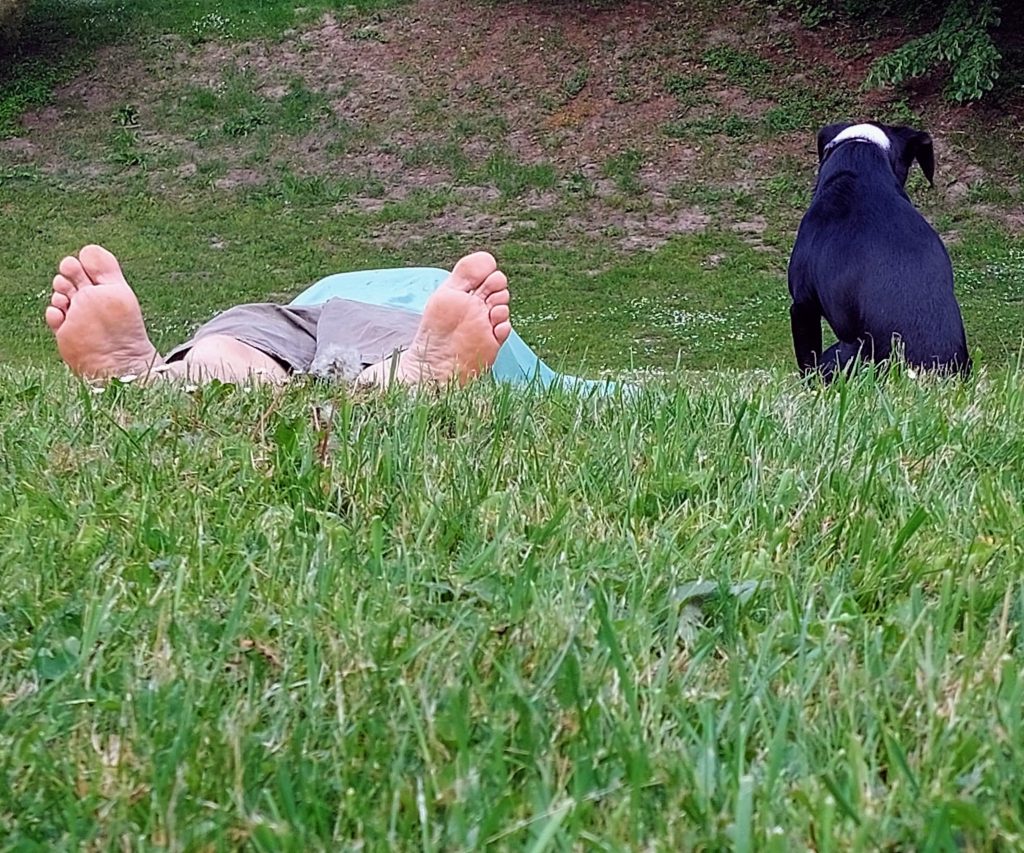April 9, 2024 – Osijek and Slavonia are empty, hopeless and desolate places. At least that is what the media would have you believe. And it is true that the region was devastated after the war, largely ignored by Zagreb and suffered painful emigration of its youth, especially after EU entry in 2013.
And yet…
Things are changing, slowly. There are more and more good news stories coming from the east, most of which do not make it into the media. Our recent video from our new series, Croatia When the Glass is Half Full, 10 Ways Osijek Improved in 2023 caused plenty of debate…
… as well as numerous comments from Slavonians who emigrated, but then chose to return… and are loving it. Let’s meet them.
After Helena shared her story, next up is Tibor Weigand.
“My name is Tibor Weigand, I was born on February 29, 1972 in Sombor (yes, I’m only 13 years old). I spent my childhood in Sremski Karlovci and Črnkovci (the village described below in the text). I lived and worked in Germany for 18 years and decided to return because of love. I live in Valpovo with my wife and dog in a house surrounded by greenery and flowers. Unfortunately, we have no children due to a serious illness that I had as a young man. I work at Deutsche Telekom as a network administrator, I speak German on a native level and I speak English well.

1. Tell us firstly about your early life in Slavonia before you left.
I moved to Slavonia in the early eighties with my parents, to a village located halfway between Valpovo and Donji Miholjac, because my father got a job in that village. Before that, we lived in the city center, where I grew up on asphalt, surrounded by concrete, traffic… In the countryside it was idyllic: the Karašica river only about 50 meters from the house, many of my friends and I would swim in it, and in winter, when it froze, we would ice-skate on it. Even continuing my education in a new environment was not stressful, because I was surrounded by children and I socialized and played around the village, and I had quickly “settled in”.
2. How did you feel about leaving your native city and why did you make the choice?
After finishing primary and secondary school, life took me abroad, where I spent 18 years. I wasn’t sad, I thought that it was just a step towards something better, that it was progress in my life, because the countryside was becoming too small for me, I felt that I had to leave. This became clear to me as I grew up. I aspired to have a better life than the average of my generation had in such small environments, so I was even excited and glad to leave.
3. How was that experience?
Going abroad was not particularly difficult, because I had an uncle there, with whom I was very close. I also got a job shortly after my arrival, so that boosted my self-confidence and through work I very quickly came into contact with different people, mostly Germans. As my family has German roots and we have a German surname, I adapted relatively quickly and was accepted there. Through acquaintances and friends, I became part of a group of university students in a nearby town, and with their help I improved my German.
I also met my first wife there. But after my serious illness and divorce, there was a period in my life where I felt empty and exhausted. More and more often, I would come to Croatia on vacation and “recharge my batteries” here.
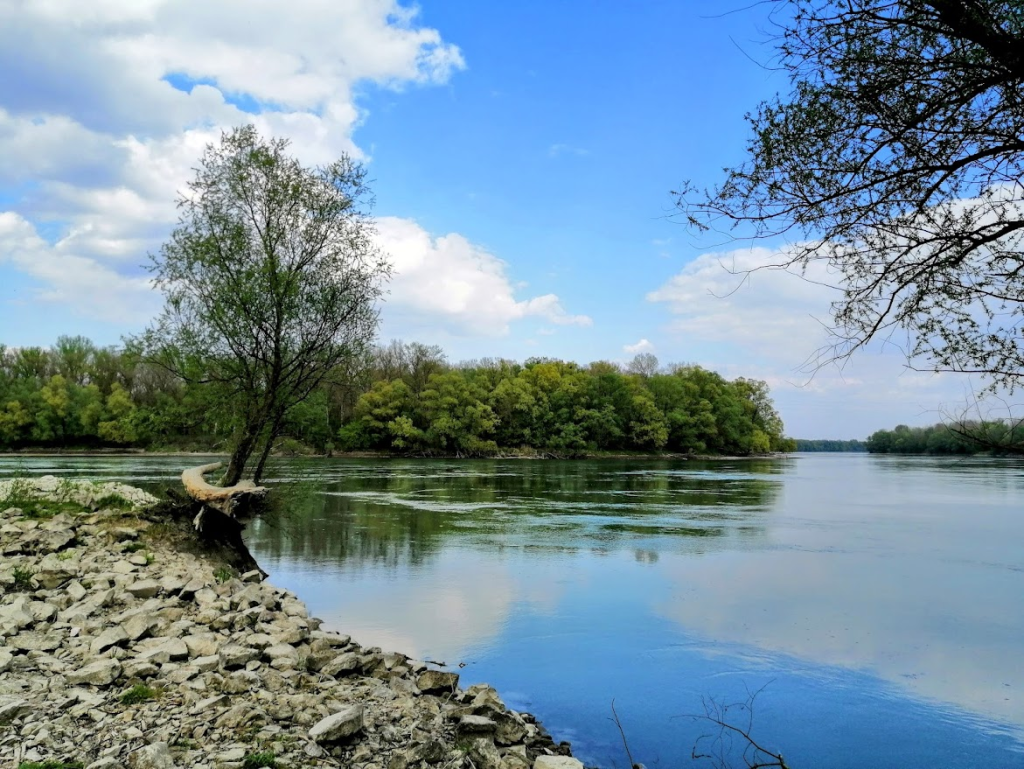
4. When and why did you decide to return?
One year, I arrived at my parents two days before the new year, where I saw my younger brother, who in the meantime had also left our parents’ home and lived in Zagreb. He suggested that we welcome the new year together with him and his friends.
There I met my wife, with whom I have been in a happy and harmonious marriage for the last 16 years.
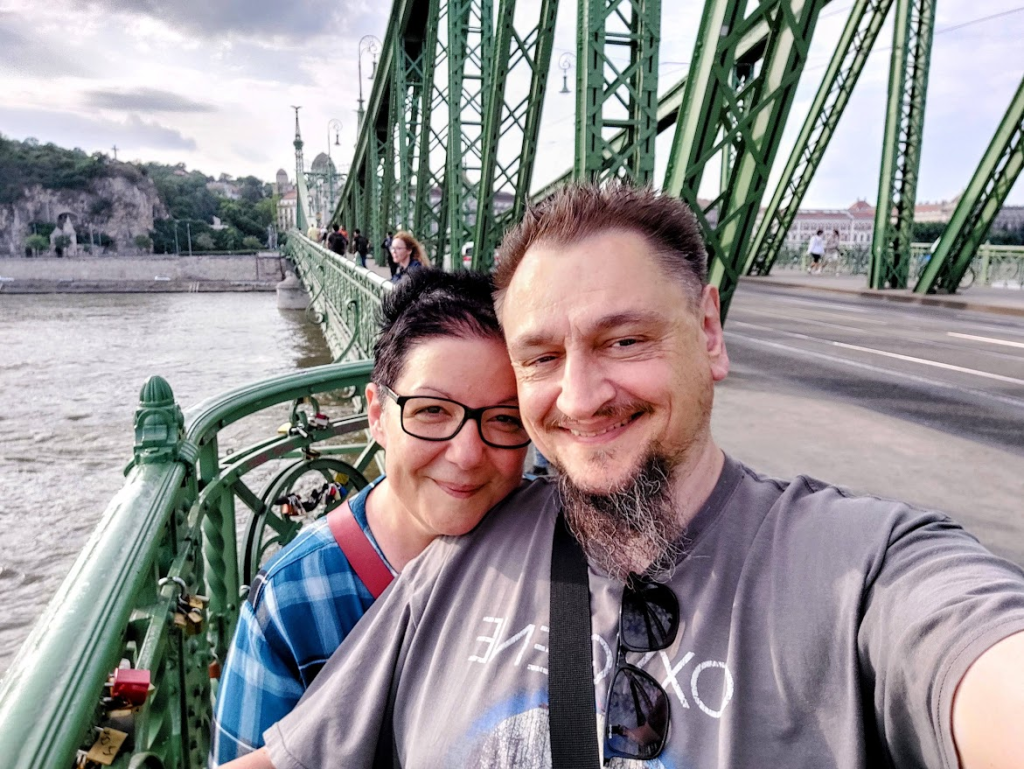
5. What were your preconceptions about Slavonia before your return, and what did you find?
As I visited frequently in the years before my final return, I was aware of a lot of social and economic problems in Slavonia. I was also aware of the stepmotherly relationship of Zagreb and the rest of the country towards the east of Croatia.
All that, unfortunately, came true.
6. How has the experience been since returning?
Although I found a job relatively quickly near where I live, it was very poorly paid, I had no security because my contract would be extended every few months. Among other things, it was a big shock for me. The social, economic and legal conditions of life in Germany were much simpler, because the law truly ruled there. Capitalism in Germany still rests on social rights and labor laws.
My adaptation to the new conditions, which I found after my return, was long and difficult. To this day, I have not gotten used to some things. I also saw that without connections to the powerful in politics at the local or state level, it is not possible to get an appointment for a hospital examination, let alone a decent job. The initial shock was greatly softened by the support I found in my wife and family. In the end, I learned to “swim”. I stopped watching and reading the news and it helped my mental health. However, I still think that the lack of legal certainty, which is proven day by day, is the basis of at least half of the problems in our country.
In the meantime, I got a job in Pecs, about 60 kilometers from Valpovo. I work in a German technology company, a job that is not difficult, but requires a lot of knowledge, regular learning and development. I work mostly from home, which suits me, for a salary that is decent, and would be much better if it weren’t for the exchange rate difference. Of course, Hungary has its peculiarities, first of all is the language, which I learned for the A1 level after intensive study for two semesters (which was paid for by my employer). On the other hand, many things are solved much better there. For example, the number of days of annual leave, which according to their law increases with age, not with years of service – which is a lot more fair.
The city where we live is a beautiful flat town with a small river flowing through it, we have a huge park-forest about a hundred meters from the city center, many bicycle paths, many other trails and paths through nature and the river Drava nearby. We have made a lot of friends, some of them I “inherited” from my wife, we have a few real and good friends, relations in the extended family are good, life has its own rhythm that we mostly like and that mostly suits us.

7. What did your friends think about you returning?
My friends in Germany were happy about this decision, although they were sad about me leaving. They saw that it was the way to what many of them dreamed of – a house in the nature, surrounded by flowers. In addition, they met my wife and felt the love that connects us.
Our friends here mostly thought we were out of our minds, some even warned my wife that something was wrong. Of course, they are no longer in the circle of close friends…
For the first couple of years, I used to joke that Klepetan (the stork that keeps coming back for love) and I were the only ones who returned from abroad, with the difference being that he flies south at the end of the summer, and I I’m staying 😊.
8. Good news about Slavonia rarely makes the national media – why is that, do you think?
In the political and economic sense, Croatia is a very centralized country. On the other hand, there is a mentality that people in Croatia are generally considered better and more valuable than others. This is especially pronounced in Zagreb, where there is apparently an opinion that if you were born in Zagreb, you automatically have at least 25 points higher IQ than others!
This is of course fueled by the media and politics, portraying the east of Croatia almost as a place where the war has not yet ended, as a burnt land where a few people are left who speak some strange language. That, plus the mentality described above, plus terribly bad politics first led to almost half of the population moving away in search of a better life, and then they used it as a kind of confirmation for their claims.
But everyone likes to treat themselves to good sausage, kulen and čvarci!
Of course, I also get fired up when I read or see that one of our bands is on tour from Dubrovnik to Zagreb, or that an IMAX or 4D cinema has opened in Split, Rijeka, Zagreb – even in Sarajevo, not in Osijek. To this day, I still remember the poisonous remarks when Slavonika was opened and when the bridge over the Drava was built, so that the highway would continue to Hungary, like, a bridge that leads nowhere, a highway to a dusty province…
As a response to this attitude towards the east of Croatia, local people start to become resentful and suspicious, start to close themselves off and insist on tradition and traditional values, which in turn leads to an even more entrenched opinion in the rest of Croatia that only uncivilised natives live in the east.
9. What are the major improvements you have seen in Slavonia since you returned?
Our city is currently implementing a bunch of infrastructure projects, which make life both in the city and in the surrounding area more beautiful and better.
Great improvements have also been made in the field of culture and leisure, the attitude towards young people and giving young people space for creativity has also improved. What, for example, was unimaginable in previous years is finally happening – the best Croatian bands are coming, classical music concerts, organ evenings are also held…
Fun fact: the chapel of the Valpovo castle houses one of the oldest wooden organs in Croatia, which was recently restored.
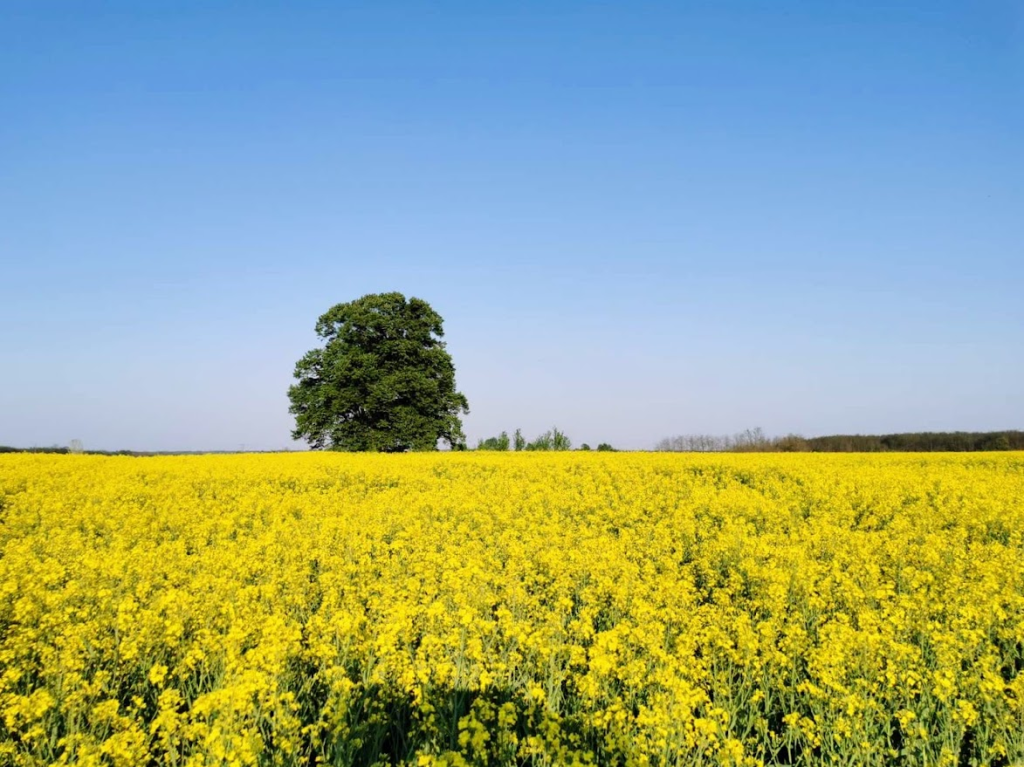
10. What improvements would you like to see?
I don’t like that public transport is almost non-existent in our country!
I don’t like that the state pays the full cost of transporting students to Osijek, without any criteria or census, for schools and professional occupations that exist in our city! In recent years, this has led to a continuous decrease in the number of students and classes in our high school. If our school shuts down, our city will follow and die off…
I don’t like that the software industry in Osijek is currently going through a recession phase. So far, this has been one aspect in which Slavonia has experienced enormous changes for the better.
I also don’t like that at the state level, no one realizes that agricultural production is the easiest to start, with proportionally the smallest investments. But our agricultural industry, which once fed the entire former state, is fragmented into spheres of interest, clans and huge companies that deal with everything and everyone, agriculture only incidentally and whose headquarters are, of course, in Zagreb. Because of this, a good part of the money that the state gives to improve agriculture ends up in the pockets of rich people in Zagreb, and one by one the peasants stop producing.
11. The best and worst things about living in Slavonia today?
An old Viennese chansonnier in the 1960s had a chours that went something like “how beautiful Vienna is without the Viennese…”. You get it, right? 🙂
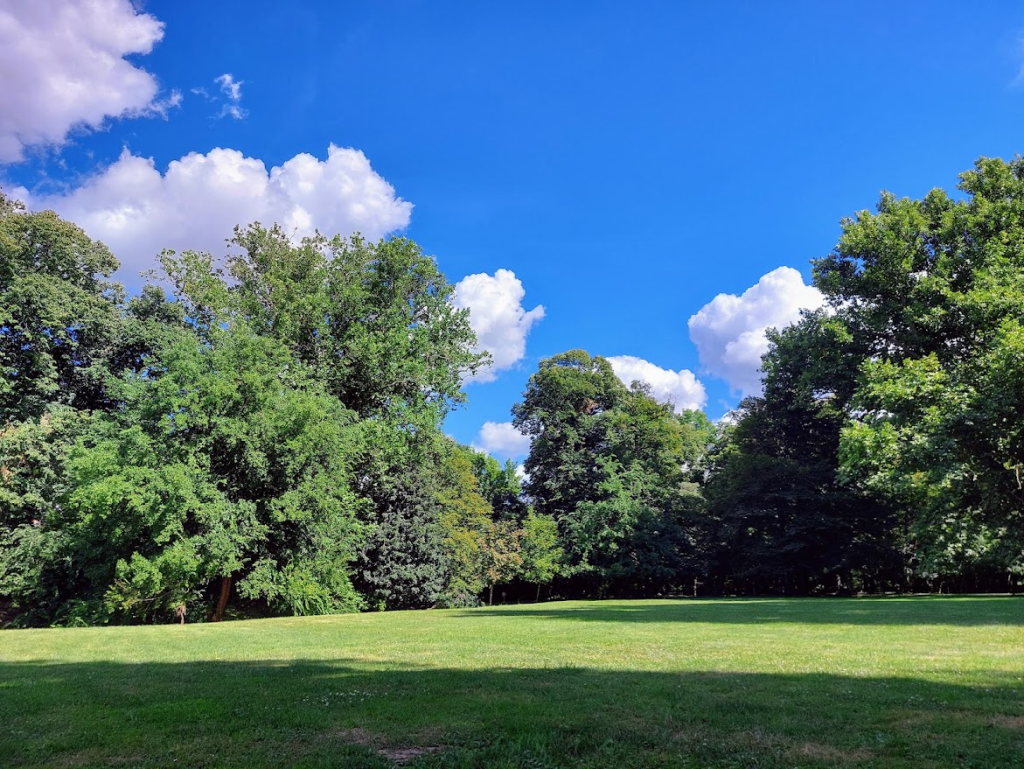
12. Your message to others who have emigrated about Slavonia as a place to live today.
Depending on the length of your absence from this area, it would be easier or more difficult for you to find your way again, but it is not impossible.
Forget about slogans like “the sun of another country won’t warm you like your own” – if you don’t have a secure existence here, stay where you are. If, on the other hand, you have a safe and secure job, and you have had enough of smog, concrete and noise, it is nicer to live here.

